Cavefish studies hint at ketogenic diet’s impact on autism-like behavior, opening new paths for understanding and treatment.
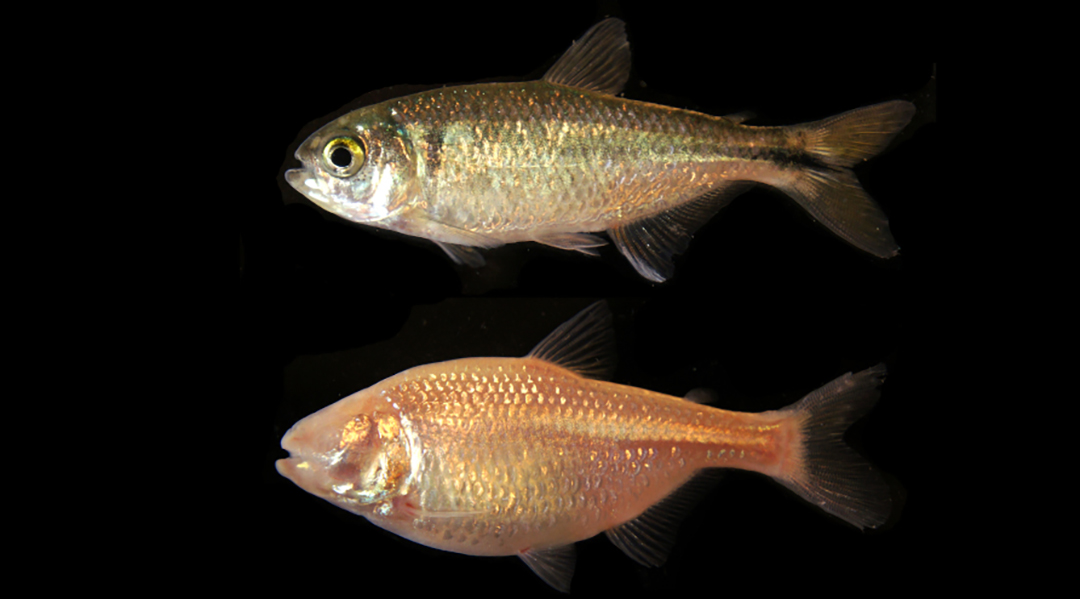

Cavefish studies hint at ketogenic diet’s impact on autism-like behavior, opening new paths for understanding and treatment.
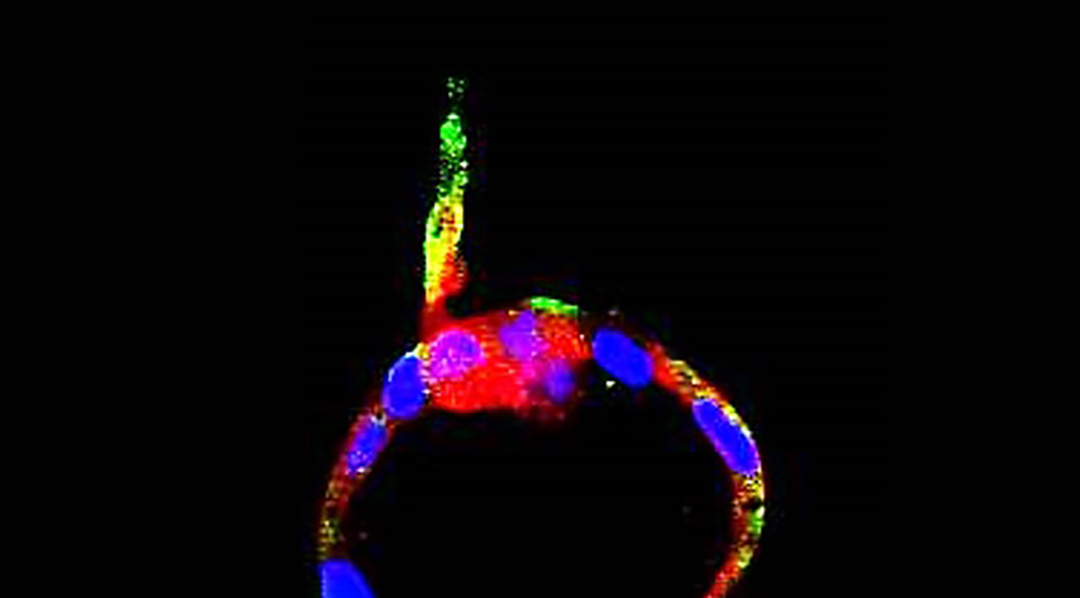
New research reveals the genetic roots of endometrial cancer using precision tools like CRISPR to build more accurate models.
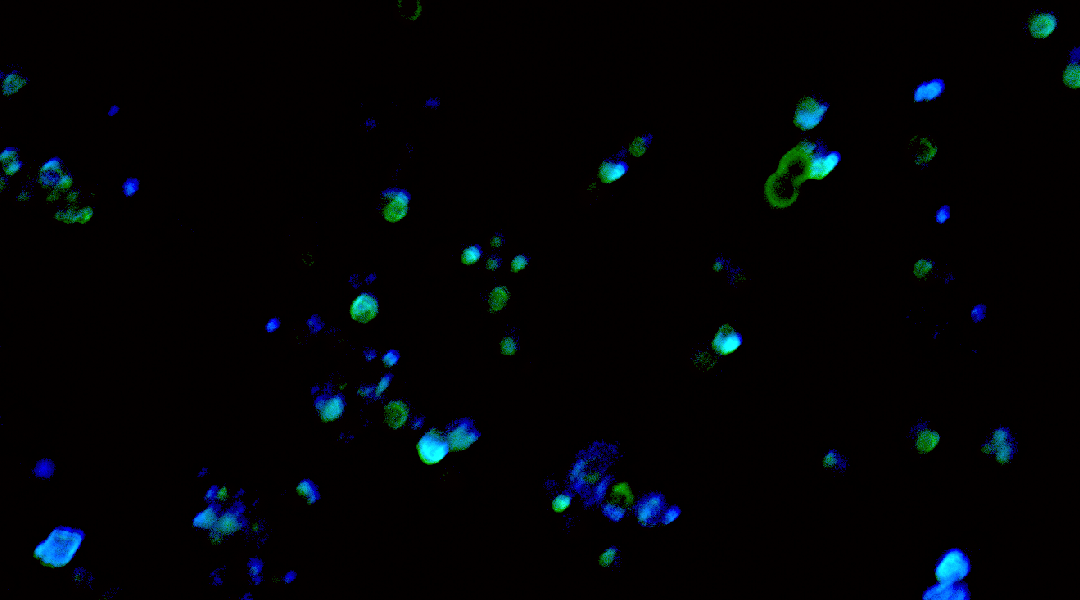
Swarms of iron-clad algae have been built to sweep through bodies of water to collect elusive bits of micro- and nanoplastics.
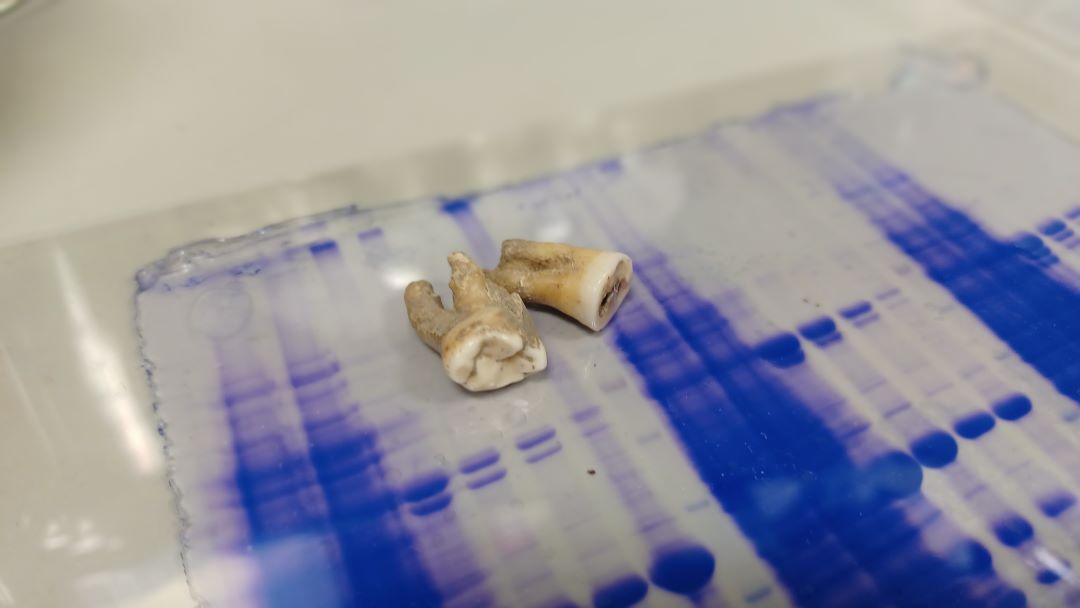
Research teams from the UK have isolated antibodies preserved for 800 years in ancient teeth and found they are still able to bind viruses that infect humans today.

Called chronotherapy, scientists believe that a whole field of medicine with the potential for more effective treatment could potentially lie at our fingertips.

Discover how living materials are revolutionizing sustainable engineering, offering self-healing and responsive solutions for a greener future.

Vitamins play a much broader role than just promoting health, shaping and maintaining our unique biology over evolutionary timescales.
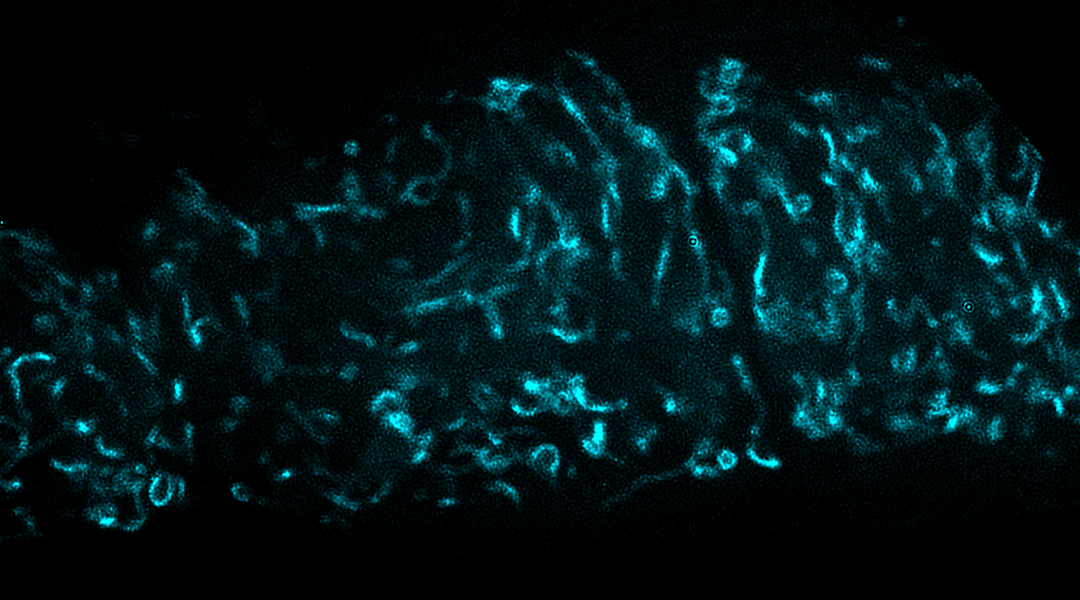
New study reveals the crucial role of mitochondria in female reproductive aging, offering potential insights into improving fertility preservation and IVF outcomes.
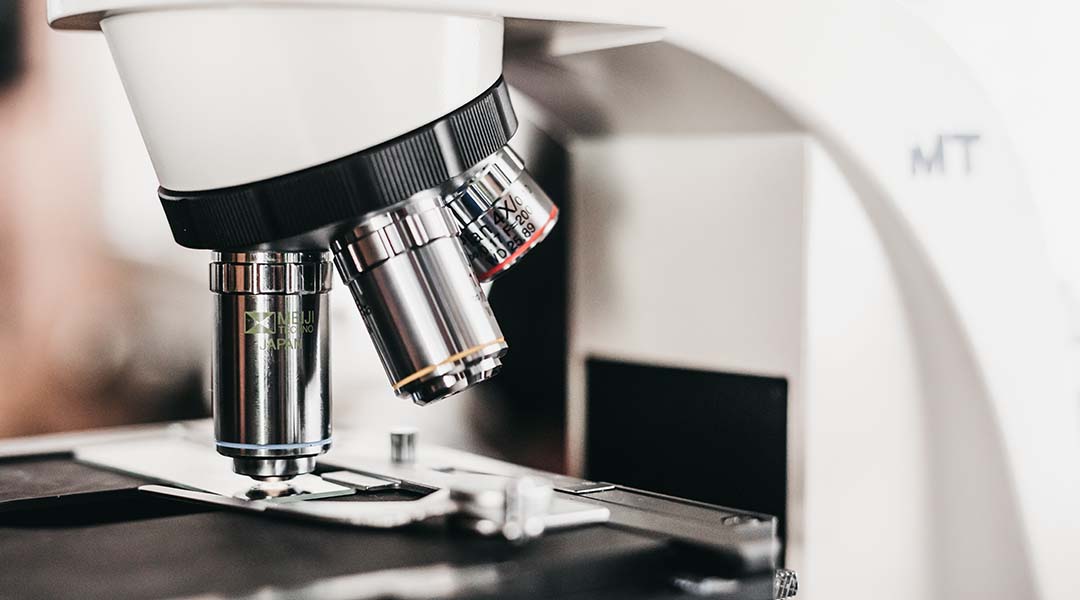
A modification to conventional microscopes pushes the limits of their resolution and enables high-precision observation of difficult-to-observe pathogens.
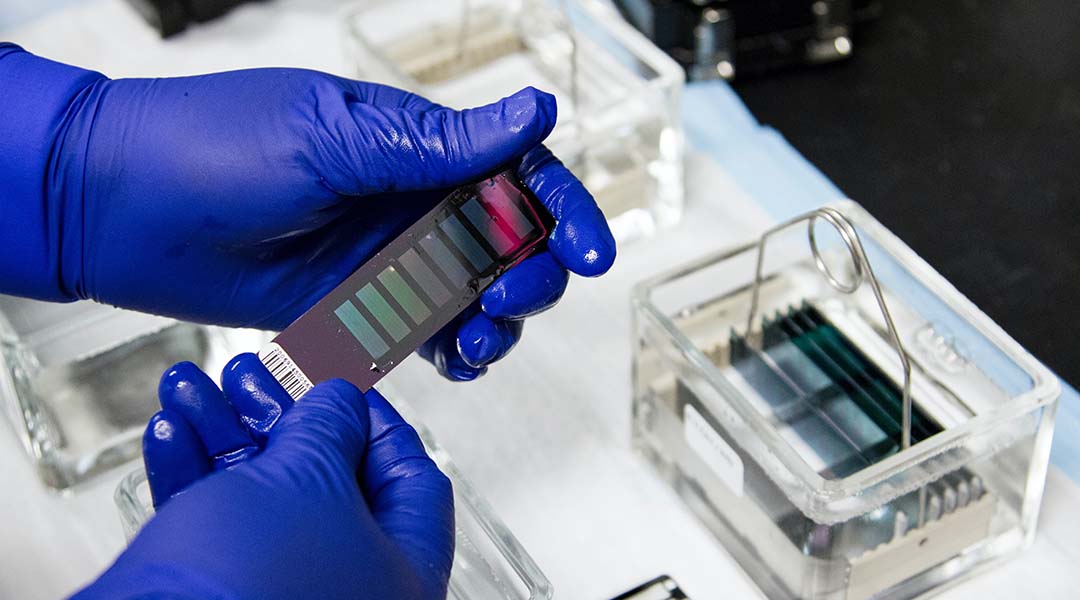
A new approach to cancer treatment combines gene editing with a known chemotherapy drug, harnessing the benefits of both for better outcomes.